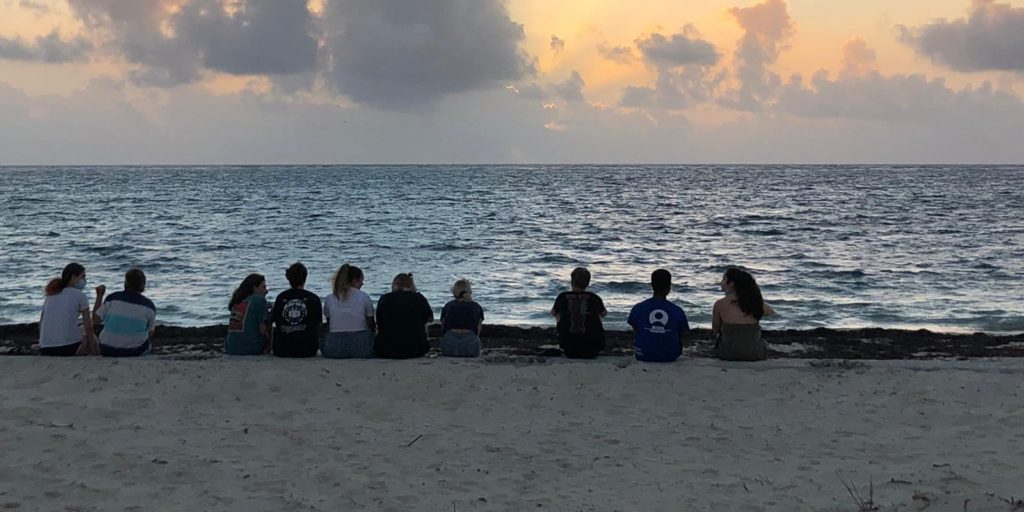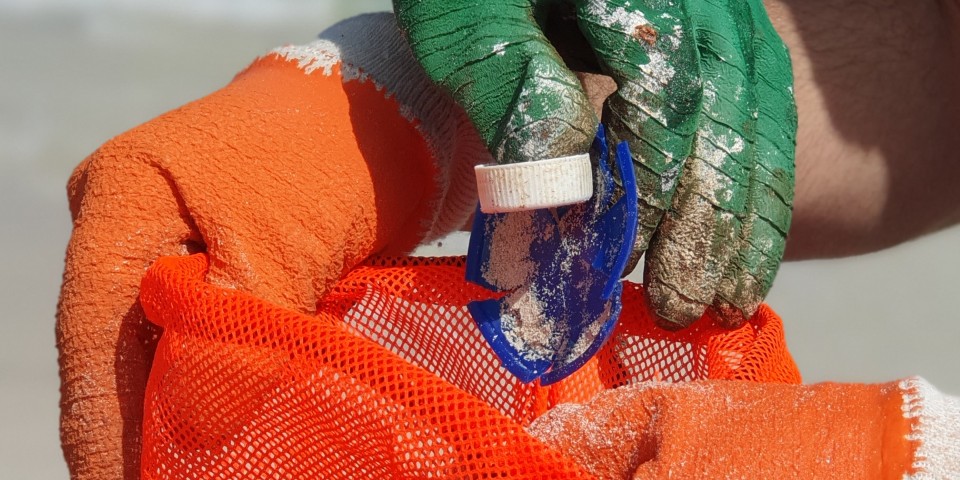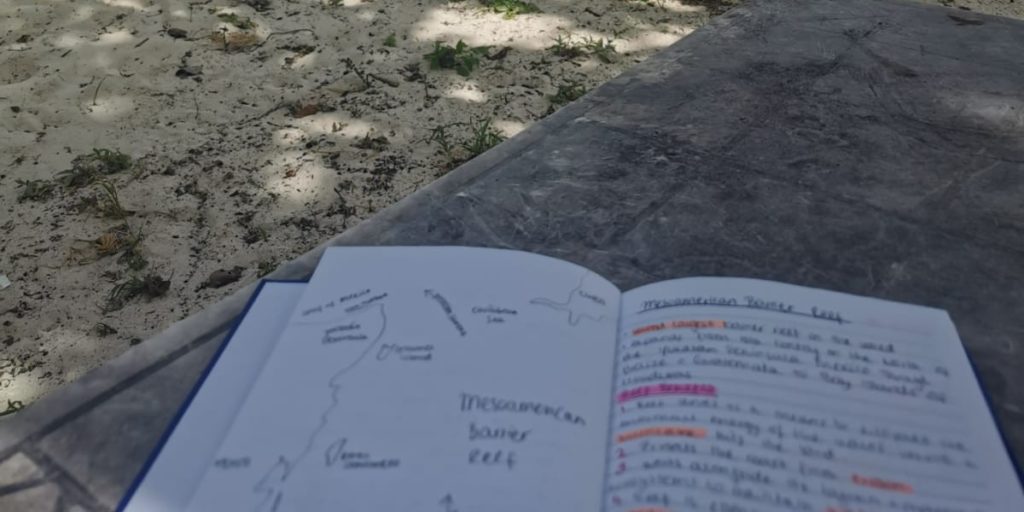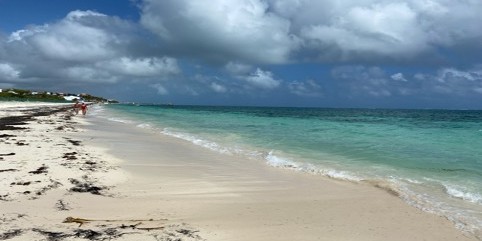This article explores the benefits of marine biology internships and features examples of GVI's marine conservation programs. Learn more!
Petrina Darrah
Posted: May 15, 2025

Charlie Reid
Posted: April 27, 2022
Based in Puerto Morelos, GVI Mexico offers nine amazing programs, ranging from marine volunteer expeditions and internships to PADI Instructor and Divemaster courses.

I took part in the Marine Conservation Expedition for four weeks, working towards preserving the Mesoamerican Barrier Reef System, the world’s second largest reef, which is in critical danger due to rising sea levels and temperatures.
Whilst at GVI in Puerto Morelos, Mexico, you will be contributing to the United Nations Sustainable Development Goal (UN SDG) #14, Life Below Water.
At GVI’s Puerto Morelos base, you can also receive your PADI Advanced Open Water licence and a specialty licence, Coral Reef Restoration Diver, which is only available through GVI. If you’re looking to get into scuba-diving and marine conservation, or already enjoy diving and want to contribute to keeping life below the waves thriving, GVI is the perfect way to participate.
One of my favourite volunteer activities in Puerto Morelos was going to the harbour and picking up all the litter and debris we found. We then sorted through it on the beach to make sure it got recycled correctly. It really showed me what a positive impact GVI is making, as members of the local community in Puerto Morelos came to help and contributed their time to cleaning up the beach and harbour with us.

Whilst in Mexico with GVI, there are a multitude of activities to take part in. You will participate in one to two dives per day, five days a week. Each volunteer is assigned a category they will focus on, whether it’s coral, fish or invertebrates. You will then be learning and engaging in how to contribute to surveys and research on the reef.
On the weekends you are free to do your own thing. In Puerto Morelos, you are not short of things to do. Locally, there are many cenotes, beaches and botanical gardens which you can visit in your free time. There is also an abundance of restaurants and cafes at your disposal – a perfect place to spend your afternoons off base working on learning more about the reef and your focus group.
The social aspects of GVI are unbeatable. Over a year after leaving my volunteer experience with GVI, I see three of the other volunteers regularly, and am still in contact with over half of the other volunteers. Due to spending so much time together, you form a little family. You eat, sleep and dive together, so it’s hard not to become close friends with each other!
On the weekends, you are free to do what you want! You can choose to stay on base and unwind in a hammock with a book, or, if you’re looking to explore some of the Yucatán Peninsula, you are welcome to head off on Friday afternoons if all duties on base are finished.

If you’re like me, and looking to do some more diving in your free time, here are some fun dives to consider:
Some great places to visit nearby are:
If you’re with GVI during the summer months, you can also swim with whale sharks from Cancún, Isla, Holbox and Mujeres!
There is so much to do and see in Mexico during your weekends, or before or after your program with GVI. Puerto Morelos is the perfect base for you to see the rest of Mexico should you wish to.
During my time in Puerto Morelos, I felt extremely safe. We were welcomed by members of the local community and treated like we had been there forever. As many of the residents are aware of GVI’s efforts to preserve the marine wildlife in Puerto Morelos, they were supportive of our volunteer efforts.
We rarely needed to leave base after dark, but if we did, I felt safe in Puerto Morelos and the surrounding areas in Quintana Roo and Yucatán. If you are worried about travelling to and in Mexico, there is no need to let this stop you. You are looked after by a wonderful network of GVI staff (on base and online) who are there for you if you need support or help.
In terms of COVID-19, the rules and regulations are subject to change as the world continues to open up more. During my time with GVI we were required to wear facemasks on base, to keep ourselves and the residents of Puerto Morelos safe, and protected from COVID-19. GVI was brilliant at informing us of the changing COVID-19 regulations in Quintana Roo (the state in which Puerto Morelos is situated), and if we needed to adjust any of our daily routines on base, they made sure we were informed and up to date with necessary information.

If you are interested in scuba-diving, protecting our precious marine life and living in this beautiful part of the Caribbean (seen in the photo above) GVI Mexico is the place for you! My four weeks with GVI are a time in my life that my fellow volunteers and I hold dear to our hearts, and I’m sure you will too!
Follow me on Instagram at @charlies_film or visit my website and blog.
We understand that you may have questions about how COVID-19 will affect your travel plans. Visit our FAQs page which explains our latest safety protocols in response to COVID-19.
By Charlie Reid
This article explores the benefits of marine biology internships and features examples of GVI's marine conservation programs. Learn more!
Petrina Darrah
Posted: May 15, 2025